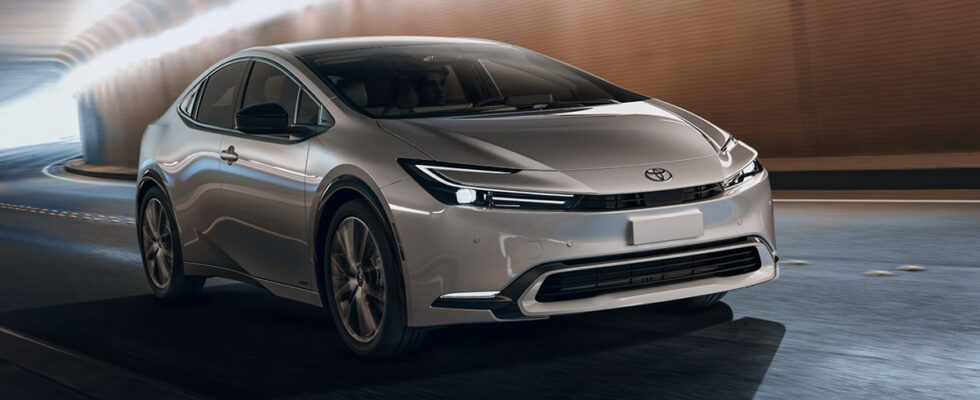A recent American study shakes up preconceived ideas regarding ecological vehicles. Against all expectations, it is a plug-in hybrid car which is the least polluting, thus ahead of fully electric models. An observation which underlines the importance of considering the entire life cycle of vehicles when assessing their environmental impact.
The year 2024 marked a turning point for France with the crossing of the symbolic milestone of one million electric vehicles in circulation, a major milestone towards electrification. However, this progress does not mean unanimous optimism within automobile industry. Renault, when unveiling its new electric R5, spoke of a cautious and balanced approach, emphasizing the importance of maintaining a range of choices for consumers, including hybrid options.
Faced with the rise of EVs, Toyota is adopting a strategy different from other manufacturers, highlighting theplug-in hybrid as a more realistic solution. This approach suggests a more gradual transition to electrification, taking into account current realitiessuch as insufficient charging infrastructure.


Here’s why the Toyota Prius Hybrid is the greenest car
The study GreenerCars of 2024conducted by the American Council for an Energy-Efficient Economy, analyzed more than 1200 vehicles to establish its ranking of the least polluting cars. Surprisingly, it is the Toyota Prius in plug-in hybrid version who won the first place, with a Green Score of 71 points. There small battery size (13.6 kWh) appears to have been a key factor, reducing its environmental footprint compared to 100% electric vehicles. This result calls into question the received idea according to which electric is systematically more virtuous than hybrid.
The plug-in hybrid Toyota Prius stands out by retaining excellent energy efficiency, even when its battery is completely discharged. This performance is partly explained by the reduced size of its battery, lighter and less bulky than those fitted to fully electric vehicles. This specificity allows the Prius to limit your ecological footprintnot only in reducing the overall weight of the vehiclewhich leads to less consumption, but also by reducing the environmental impact linked to battery production and recycling. Thus, even in thermal mode, it manages to maintain a modest fuel consumptionconsolidating its position as one of the most ecological and economical options on the market.
Source: aceee
